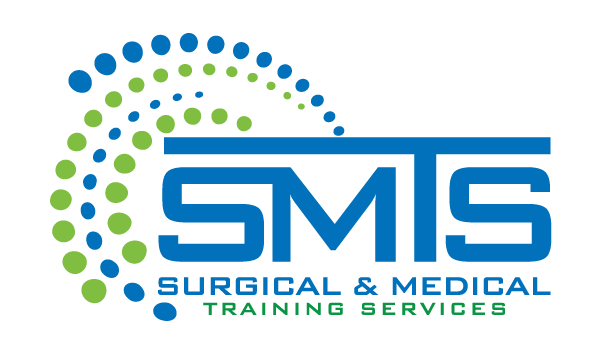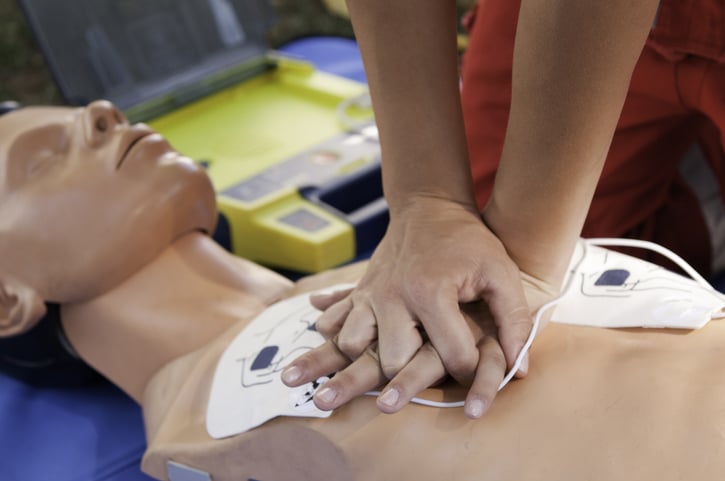First Responders are Facing More than Ever and This Indicates a Need for Advanced Training
Paramedics fill a crucial role in a safe and healthy society. The people who commit to the service of others face a whole new set of expectations today than existed just a few decades ago. Years ago, we didn’t have a pandemic posing an invisible threat to humanity. We generally had a basic arena in which emergency calls involved relatively clear-cut injuries and medical problems. Even in those “normal and usual” situations, a first responder had to have the ability to react quickly and appropriately.
The reaction that a first responder has been expected to demonstrate in the field has expanded significantly. Paramedics do much more than administer CPR and extricate patients from precarious situations. Today, the average day in the life of a first responder may involve a procedure like surgical cricothyroidotomy, needle thoracentesis, tube thoracostomy, or endotracheal intubation. The successful treatment of the patient requires critical thinking, bio-skills, and confidence. While confidence can be built on the job, there is a better way; a safer way.
Historically, paramedic training has relied on mannequin models for various bioskills techniques. This is a fine base but does not mimic what the first responder will encounter outside of their controlled clinical environment. What is most beneficial is exposure to human tissue. We provide this in state-of-the-art cadaver labs.
Cadaver lab training is not only for surgeons and other medical providers. Those who provide critical emergency services can significantly improve their clinical practice by working with cadaver tissue. Engaging in a comprehensive training course, the first responder expands their familiarity with physical landmarks on the body, internal structures, and other vital human characteristics. Such training makes a paramedic better at the procedures they may at some point be required to perform, such as wound management, tourniquets, suturing, and airway management.
WHEN TIME IS OF THE ESSENCE, TRAINING MATTERS
First responders are the primary point of contact in some of the most urgent medical situations that occur. In these moments, time is of the essence. The paramedic must know how to administer life-saving techniques confidently and without hesitation. Cadaver training can be the ideal scenario in which to gain such skills.
To learn more about our cadaver labs and mobile training facilities for first responders, call (888) 801-9444.


